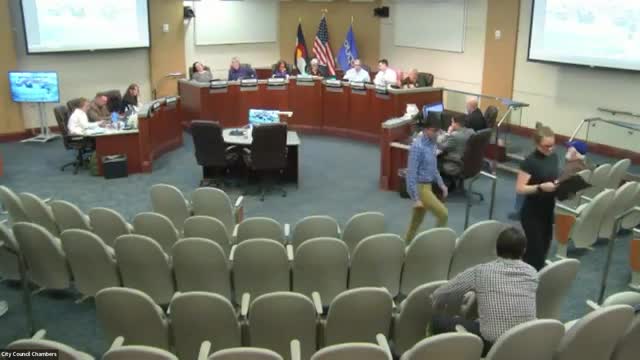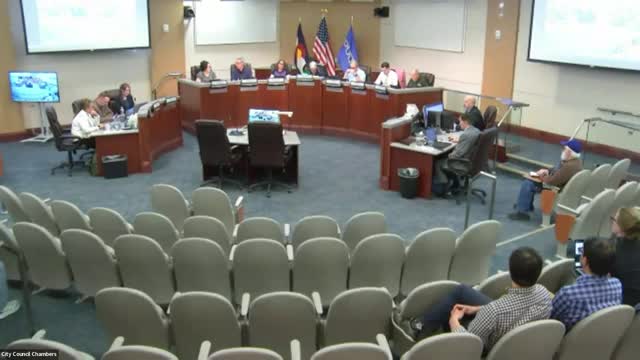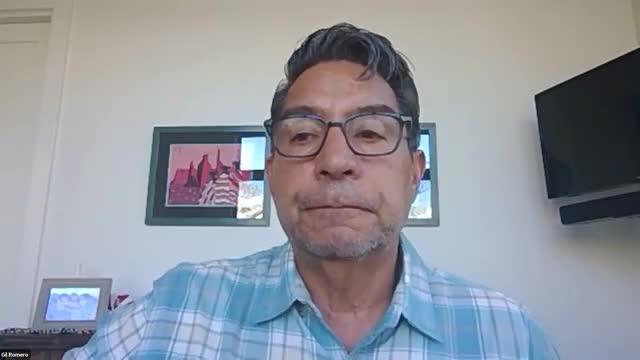Article not found
This article is no longer available. But don't worry—we've gathered other articles that discuss the same topic.

Council debates budget goals as administration warns of 2026 shortfall; discussion covers reserves, COP payments and potential cuts

Public-health researchers present local analysis showing decreases in syringe-service participation and naloxone distribution after short ban; data quality andl

AMR announces 11th annual Safety Jam in Pueblo for June 7; event to include bike and helmet giveaways

